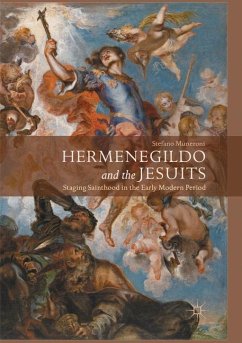
Heidegger's Black Notebooks and the Future of Theology

PAYBACK Punkte
61 °P sammeln!
This book probes the relationship between Martin Heidegger and theology in light of the discovery of his Black Notebooks, which reveal that his privately held Antisemitism and anti-Christian sentiments were profoundly intertwined with his philosophical ideas. Heidegger himself was deeply influenced by both Catholic and Protestant theology. This prompts the question as to what extent Christian anti-Jewish motifs shaped Heidegger's own thinking in the first place. A second question concerns modern theology's intellectual indebtedness to Heidegger. In this volume, an array of renowned Heidegger s...
This book probes the relationship between Martin Heidegger and theology in light of the discovery of his Black Notebooks, which reveal that his privately held Antisemitism and anti-Christian sentiments were profoundly intertwined with his philosophical ideas. Heidegger himself was deeply influenced by both Catholic and Protestant theology. This prompts the question as to what extent Christian anti-Jewish motifs shaped Heidegger's own thinking in the first place. A second question concerns modern theology's intellectual indebtedness to Heidegger. In this volume, an array of renowned Heidegger scholars - both philosophers and theologians -investigate Heidegger's animosity toward the biblical legacy in both its Jewish and Christian interpretations, and what it means for the future task and identity of theology.














